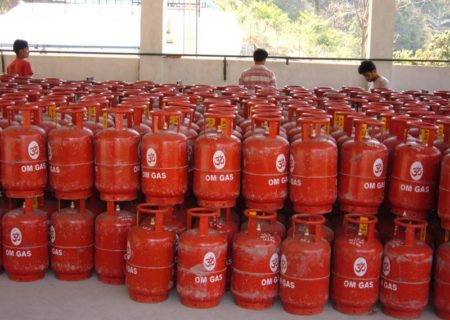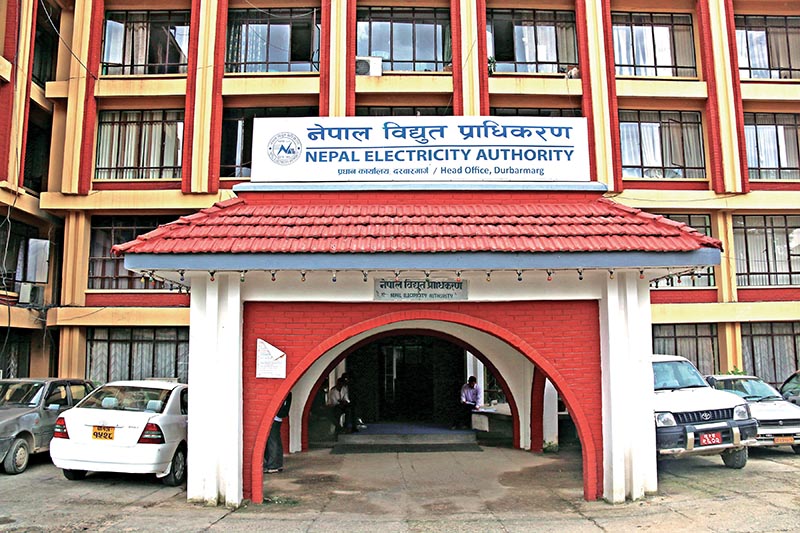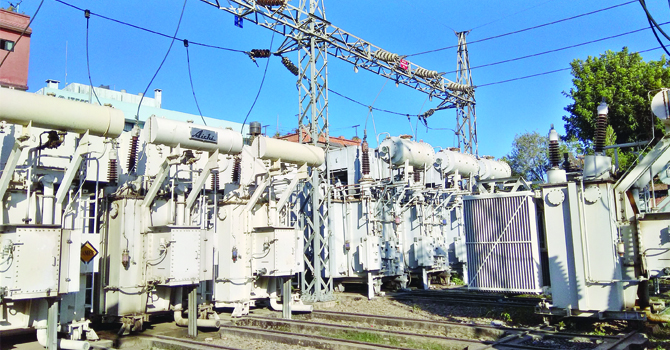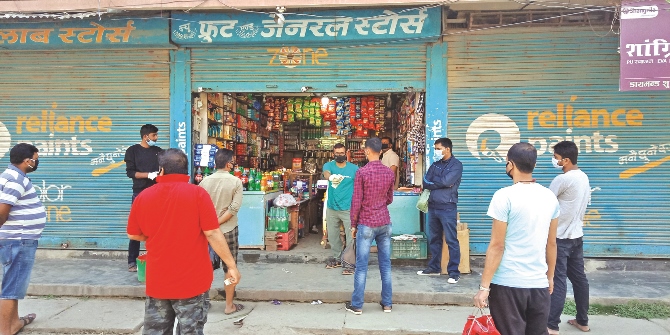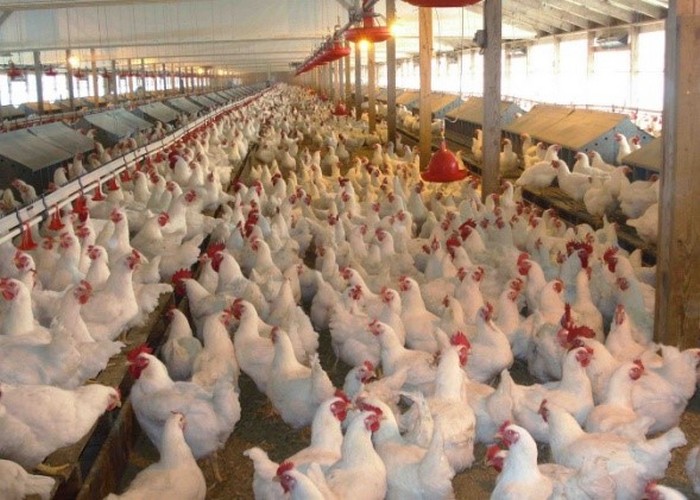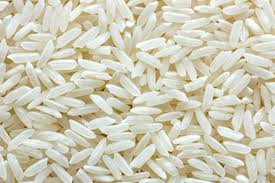COVID restrictions limit prospects of 4% economic growth

By Laxman Kafle
Kathmandu, May 19: The Nepal Rastra Bank (NRB) has said that it will be challenging to achieve the projected 4 per cent economic growth in the current fiscal year due to the COVID-19 and prohibitory order put in effect to control the spread of the virus.
Although the economy was moving in the right direction until the end of the third quarter of the current fiscal year 2020/21, it has been difficult to achieve the projected 4 per cent economic growth due to the prohibitory order imposed in many places to control the transmission of the second wave of COVID-19, NRB said while announcing the third-quarterly review of the monetary policy of the current fiscal year on Tuesday.
The Central Bureau Statistics (CBS) has projected that Nepal’s economic growth would be 4 per cent in the current fiscal. Earlier, the World Bank had projected that the economy would grow by 2.7 per cent.
The country had witnessed a negative growth of 1.9 per cent in the last fiscal year 2019/20.
In the Fiscal Year 2020/21, the government has set a target to keep the annual average consumer price inflation within the range of 7 per cent, while the nine-month average consumer price inflation stood at 3.46 per cent, NRB said.
With the expansion of the global economy, the overall improvement in demand is expected to put a mild pressure on inflation, NRB said.
Although the inflow of remittances has been satisfactory in mid-April of the current fiscal year, the second wave of COVID-19 has spread globally and the number of Nepalis going for foreign employment has not increased for more than a year that would create a challenge to maintain growth of remittance inflow in coming months.
The balance of payments surplus has been declining in recent months due to the expansion of imports.
However, imports of goods except health materials are likely to be affected due to the prohibitory order.
The NRB estimated that foreign exchange reserves will be above the target level by the end of the year, even though the balance of payments surplus is declining, citing that imports other than health materials will be affected.
Likewise, the NRB has expressed concern that the banking sector will also be affected due to the COVID-19. Due to the regulatory policy facilitation adopted in the previous lockdown, the banking sector was able to manage it.
"However, the prohibitory order imposed to control the second wave of COVID-19 is likely to affect economic activities again and affect the banking sector as well," the NRB report said.
The central bank has analysed that the credit flow to the private sector from banks and financial institutions, which had increased in an encouraging manner till mid-April, will again decrease in coming months.
It said that liquidity and interest rates will remain normal as demand for new loans has declined due to the lockdown. Short-term interest rates have increased slightly since mid-April, when the demand for credit increased significantly.
In line with the monetary policy guidelines, the existing mandatory cash reserve ratio, statutory liquidity ratio, bank rate and interest rate corridor arrangements have remained same, NRB said.
Arrangements will be made for the banks and financial institutions to provide loans at the base rate to the existing operating hospitals, health care providers and industries for the purpose of setting up liquid oxygen plants or oxygen plants, the central bank said.
It said that it would make arrangements to provide special refinancing loan of up to Rs. 500 million for liquid oxygen plant and up to Rs. 200 million for one year for the purpose of establishing oxygen plant to the existing health care providers, hospitals or industries operating in Nepal.
“Arrangements will be made for the banks and financial institutions not to charge any penalty or additional fees for the recovery of loan from the customers during the period of prohibition issued for the prevention and control COVID-19 infection,” NRB said.
Banks and financial institutions will be encouraged to provide discounts to customers who pay loan installments or interest during the period of prohibitory order.
Recent News

Do not make expressions casting dout on election: EC
14 Apr, 2022
CM Bhatta says may New Year 2079 BS inspire positive thinking
14 Apr, 2022
Three new cases, 44 recoveries in 24 hours
14 Apr, 2022
689 climbers of 84 teams so far acquire permits for climbing various peaks this spring season
14 Apr, 2022
How the rising cost of living crisis is impacting Nepal
14 Apr, 2022
US military confirms an interstellar meteor collided with Earth
14 Apr, 2022
Valneva Covid vaccine approved for use in UK
14 Apr, 2022
Chair Prachanda highlights need of unity among Maoist, Communist forces
14 Apr, 2022
Ranbir Kapoor and Alia Bhatt: Bollywood toasts star couple on wedding
14 Apr, 2022
President Bhandari confers decorations (Photo Feature)
14 Apr, 2022



